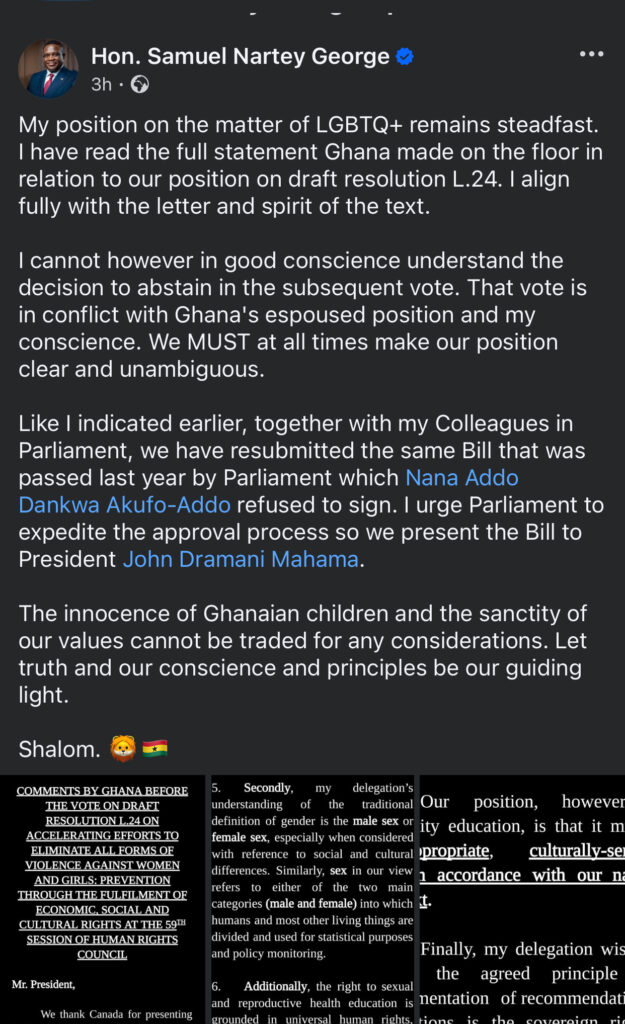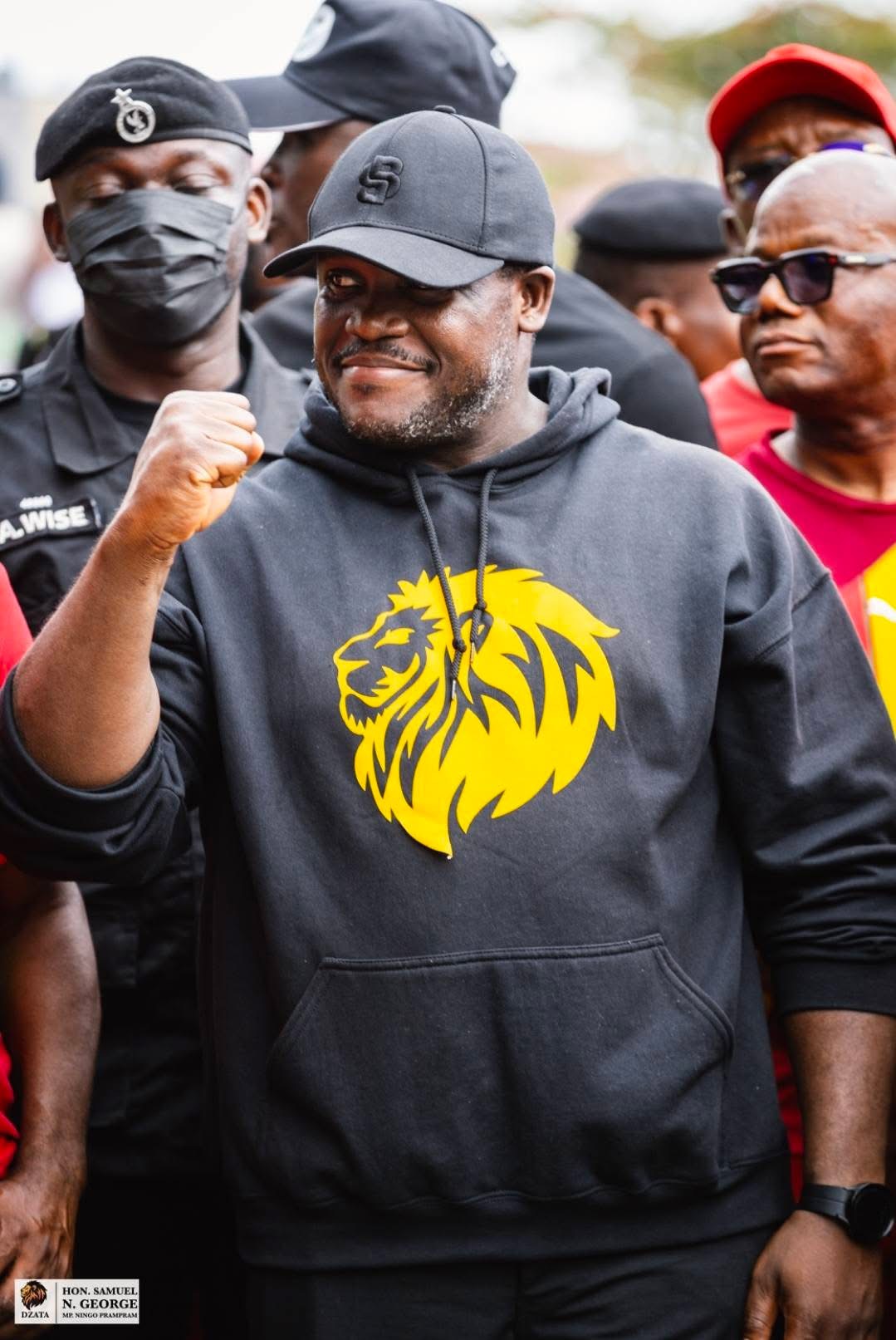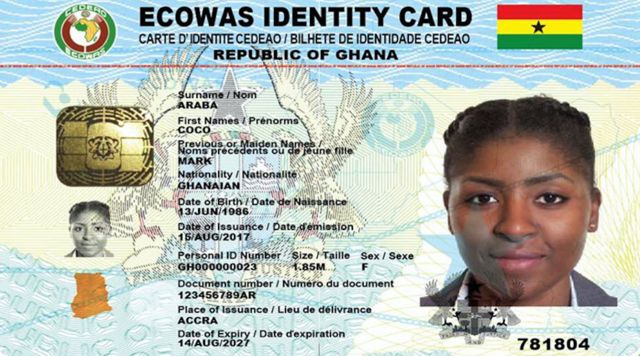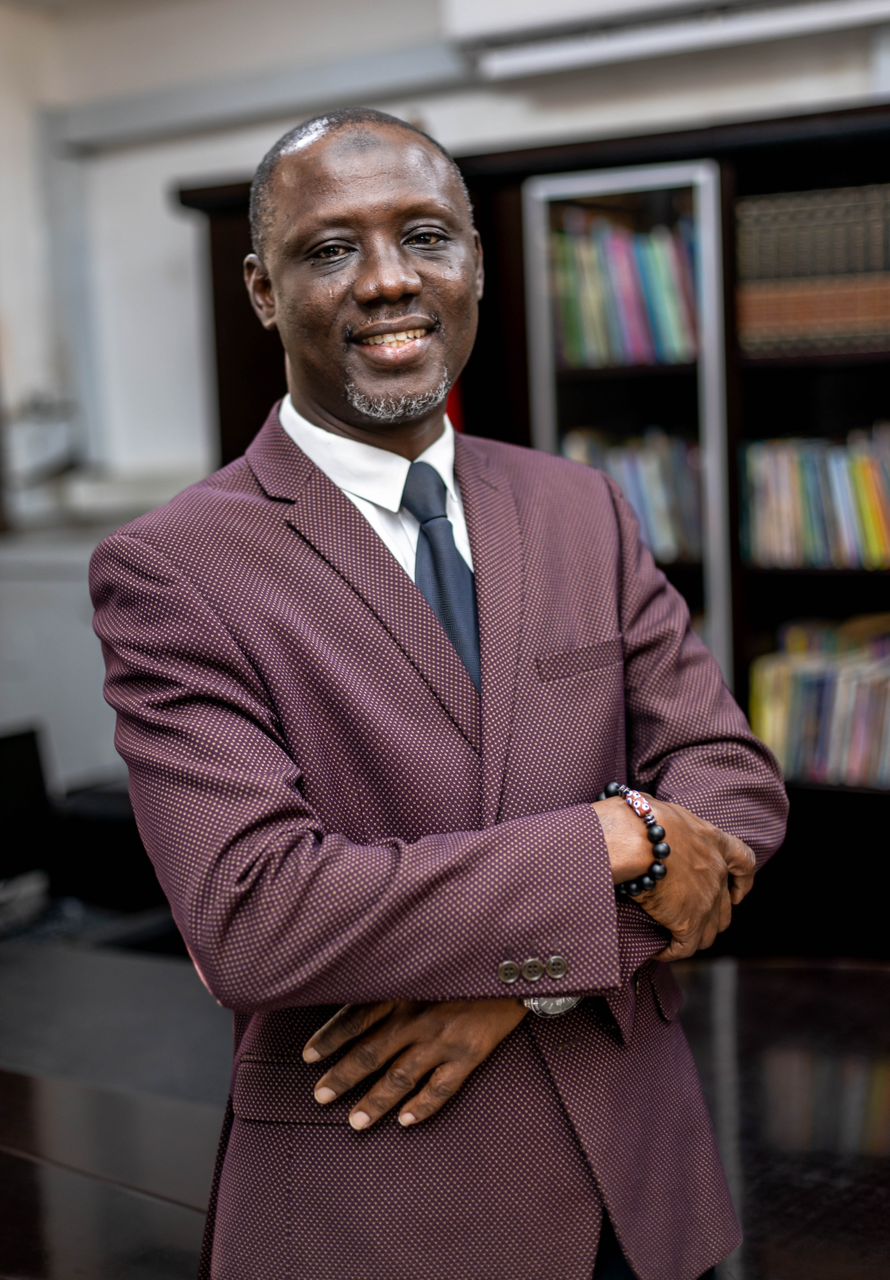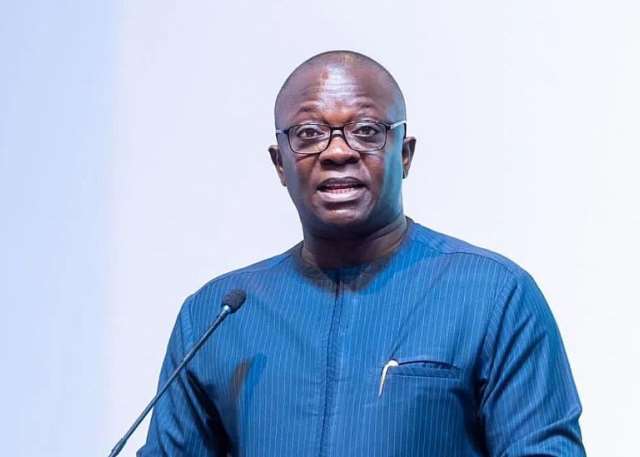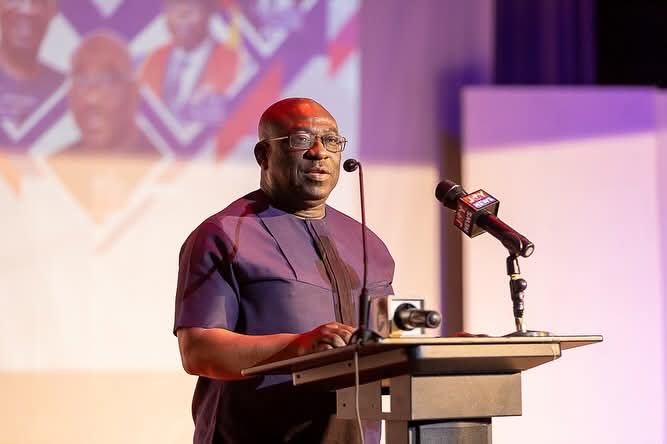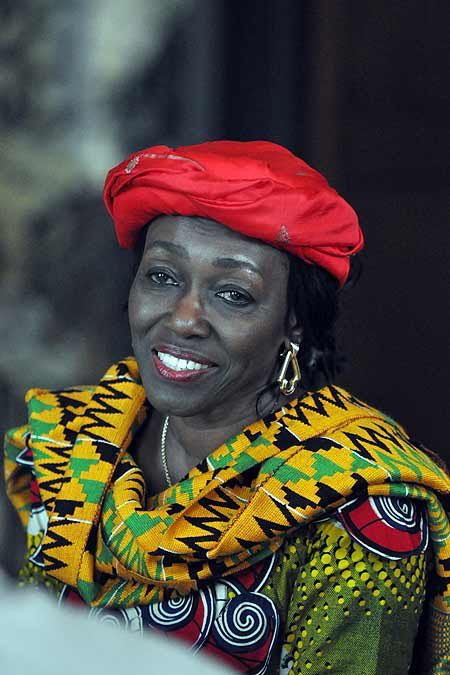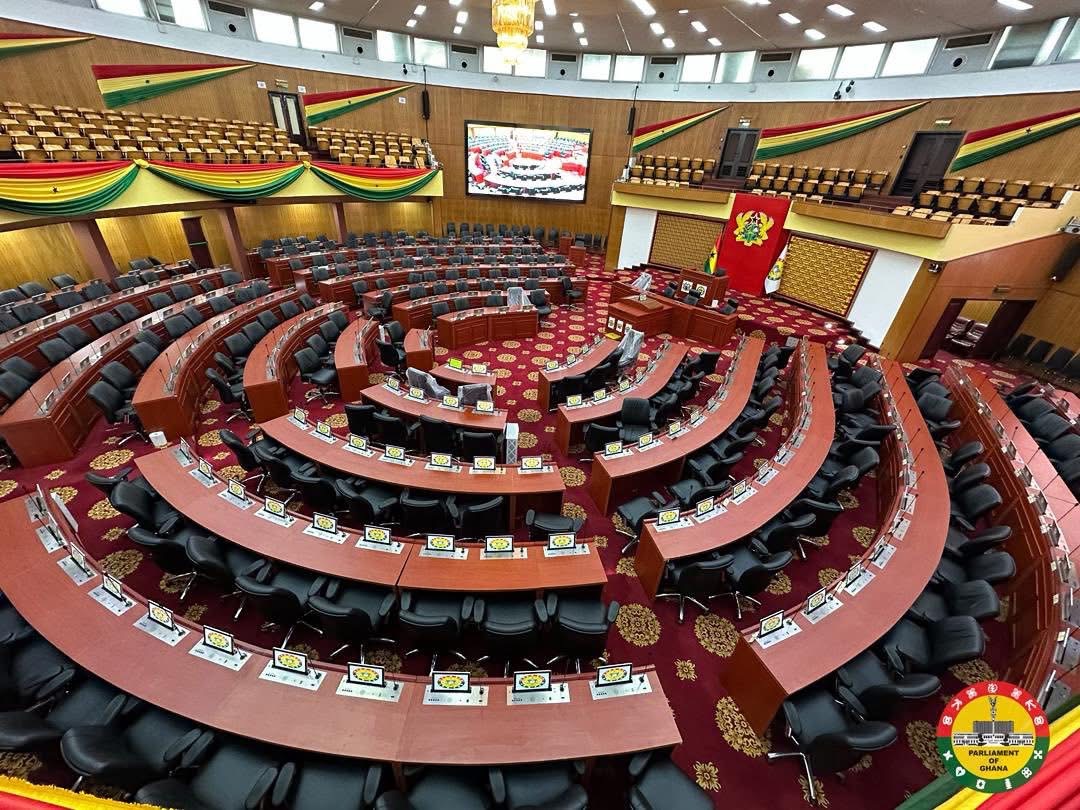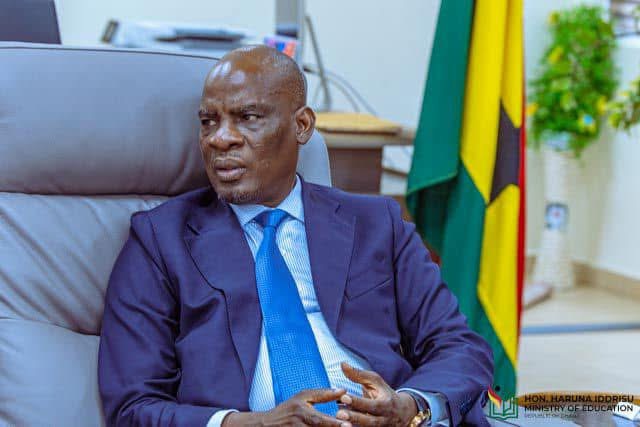The Minister for Communications and Digitalisation, Hon. Samuel Nartey George, has reiterated his unflinching opposition to LGBTQ+ rights following Ghana’s recent decision to abstain from a key vote on draft resolution L.24 at the United Nations Human Rights Council.
In a strongly worded Facebook post, the outspoken lawmaker expressed disappointment over the abstention, describing it as contradictory to Ghana’s publicly declared position on the matter.
“My position on the matter of LGBTQ+ remains steadfast,” he wrote. “I have read the full statement Ghana made on the floor about our position on draft resolution L.24. I align fully with the letter and spirit of the text.”
While acknowledging the content of Ghana’s official statement, Sam George questioned the rationale behind the country’s failure to take a definitive stand in the final vote.
“I cannot, however, in good conscience, understand the decision to abstain in the subsequent vote. That vote conflictswith Ghana’s espoused position and my conscience. We must at all times make our position unambiguous,” he stressed.
The Minister went on to reveal that Parliament has resubmitted the controversial anti-LGBTQ+ bill, which was previously passed but denied presidential assent by former President Nana Addo Dankwa Akufo-Addo.
“Like I indicated earlier, together with my colleagues in Parliament, we have resubmitted the same bill that was passed last year by Parliament, which Nana Addo Dankwa Akufo-Addo refused to sign. I urge Parliament to expedite the approval process so we present the bill to President John Dramani Mahama,” he added.
Concluding his statement, Sam George underscored the need to protect Ghana’s cultural values and the innocence of children, cautioning against any compromises driven by external pressures.
“The innocence of Ghanaian children and the sanctity of our values cannot be traded for any considerations. Let truth, our conscience, and principles be our guiding light,” he declared.
The statement has since sparked renewed debate over Ghana’s stance on LGBTQ+ rights, especially as international pressure mounts on the country to uphold human rights obligations while balancing cultural and moral convictions.
